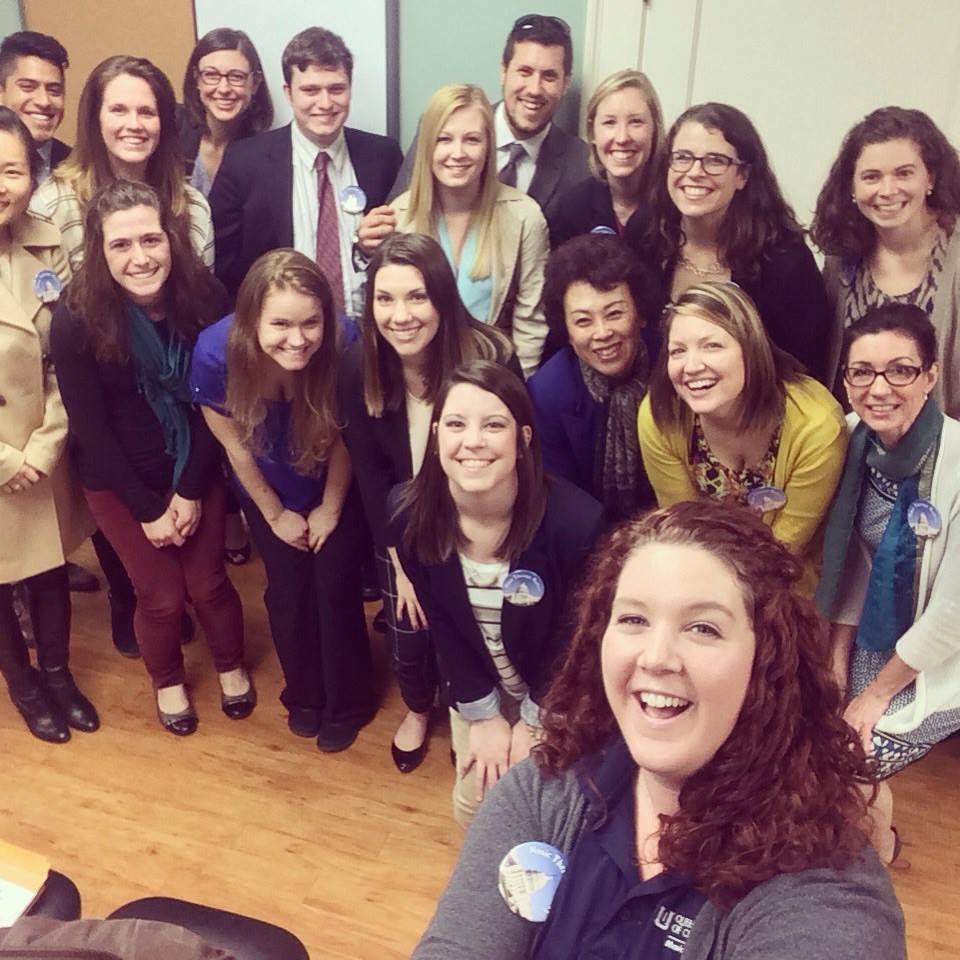
CopyGeneral Information
There are over 70 approved college and university programs that offer music therapy training in the United States. A minimum of a bachelor’s degree or equivalency is required to enter the field. During their training music therapy students take part in a demanding curriculum that focuses on the following core areas:
• applied music study, music history, music theory/aural skills, and ensembles
• music therapy courses (including clinical skills, research, and music psychology)
• anatomy/physiology courses, psychology courses, and dance/movement
• other related courses
Throughout the course of their bachelor’s or equivalency studies, students are involved in 200 hours of field experiences. Upon completion of coursework students must complete 1000 hours of field experience in a National Roster or University-Affiliated Internship. When the internship is complete music therapists are eligible to sit for the board certification exam. Passing the examination leads to entry-level credential MT-BC (Music Therapist-Board Certified) awarded by the Certification Board of Music Therapists (CBMT). In addition, graduate degrees in Music Therapy are available.
Professional music therapists follow the standards for clinical interventions and ethical conduct in professional practice, which are defined in the following American Music Therapy Association documents: Music Therapists’ Standards of Clinical Practice, Music Therapists’ Code of Ethics, and AMTA Professional Competencies.
CopyEducational Programs in South Carolina
Charleston Southern University
Charleston Southern was the first school in South Carolina to offer this degree program and has been accredited since the late 1970s. Each semester, music therapy students work with children, adults, and geriatrics with various disabilities, using music to help them achieve therapeutic non-musical goals and to improve quality of life.
Jennifer Whipple, Associate Professor of Music Therapy, Music Therapy Coordinator
In 2005, Converse College began to offer their Bachelor of Music Therapy degree. The Department of Music Education and Therapy is dedicated to the music student who wishes to become a classroom music teacher or music therapist. Music Therapy students have the opportunities to work in a variety of settings, both in the community and at the school.
Carol Shultis
Associate Professor of Music Therapy
CopyClinical Training Sites
Prisma Health (Formerly Palmetto Health Baptist)
Palmetto Baptist Medical Center at Columbia
Betsy Neal, MT-BC
Taylor at Marion Streets
Columbia, SC 29220
Phone: (803) 296-5546
Fax: (803) 296-5691